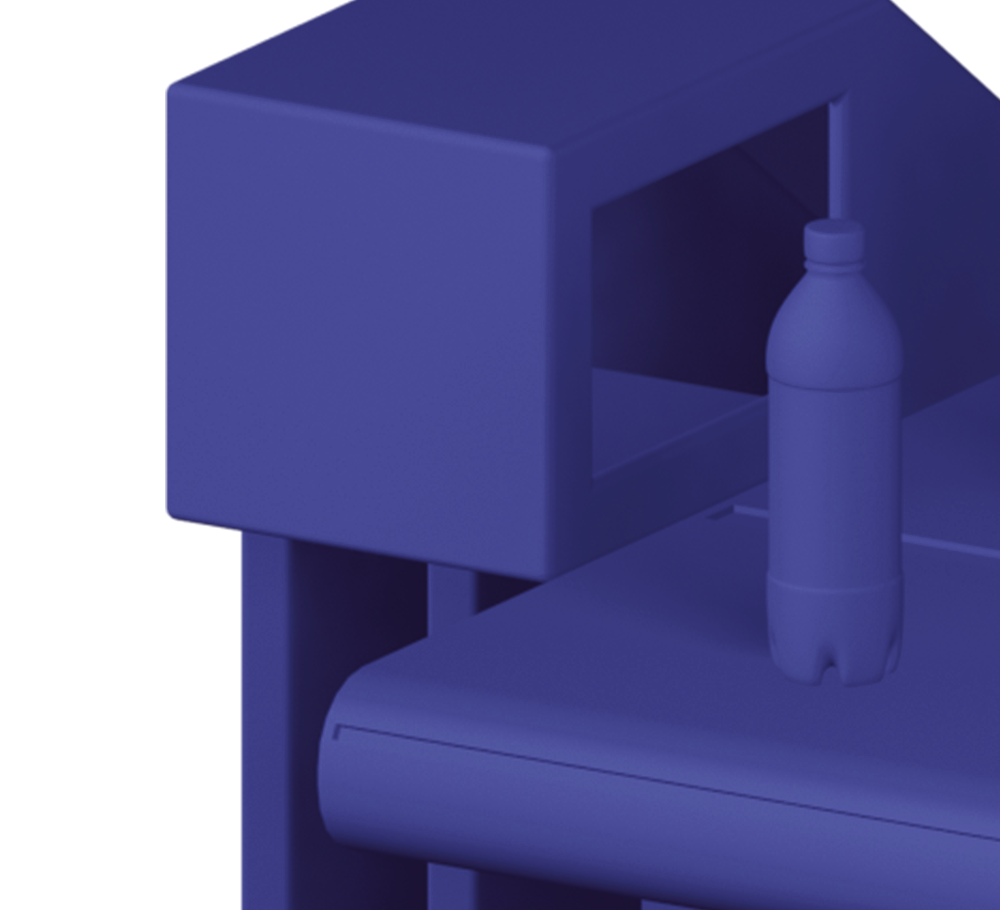Reputation Over Advertising: How SmartMerch Grew Without a Marketing Budget
SmartMerch has been present on the B2B IT solutions market since 2016, offering products in business analytics and process automation. Over the years, we’ve never launched flashy ad campaigns or invested in aggressive marketing strategies. We’ve kept a relatively low media profile, and yet, we’ve consistently had a steady stream of clients.
How is that possible? Our Commercial Director, Alexey Moiseenko, shares the approach.
“There’s a common stereotype that launching a new product means immediately pouring money into ads and going viral just to get customers. I suggest a different perspective.”
Launching a Product Is Not the Final Step — It’s the Beginning
In the tech industry, especially in fields like business process automation, visual data analytics, or SKU recognition, launching a product is never the end of the journey — it’s the beginning of real-world testing. Even the best ideas require validation through use in live environments, constant improvement, and flexible adaptation to a client’s business reality.
At the early stages, it’s normal not to fully understand the market or the actual pain points of your target audience. Promising too much too early can backfire and lead to reputational risks. And without proper methodology or risk analysis in place, attracting a flood of clients right away might do more harm than good.
First Step: Find Your First Real Clients
Instead of going big on advertising, focus on finding 2–3 early adopters willing to pilot your solution. This small group allows for objective feedback while keeping risk and workload manageable. Ideally, these clients should be respected professionals in their industry — the kind whose recommendations carry weight.
Be transparent about the product’s current stage, offer flexible pricing or additional value, and in return, ask for feedback, references, and the right to share their success stories publicly.
Core Principles for Early-Stage Client Work:
- Transparency – Be honest about where your product stands.
- Consistency – Deliver on your promises and timelines.
- Innovation – Offer a genuinely fresh solution, not just a copy of what’s already out there.
Build Trust First, Then Scale
Those first projects are crucial. How you perform will define your brand perception. At SmartMerch, our early collaborations — such as projects in retail digitalization and production analytics — helped us polish our solution and develop deep expertise in real-world implementation.
Clients value thoughtful execution, a deep understanding of their challenges, and visible improvements. No technology, however innovative, can replace the need for relevance and real impact.
Then Comes Organic Growth
Once your product has been validated through several successful implementations, you’re ready to scale. You now understand your audience, can predict costs and timelines, and know how to deploy the solution efficiently.
If your early-stage clients were satisfied and vocal about their experience, you’ll start seeing inbound interest. This is how reputation-based marketing works in B2B: clients come not because they saw a banner ad, but because trusted peers recommended your solution.
And once you have success stories and refined products, you can amplify your voice through blog posts, interviews, events, and thought leadership, without relying on aggressive marketing tactics.
Why We Believe in This Approach
Reputation-first growth may seem slower and riskier than a classic marketing campaign, but we believe it’s more sustainable. Today’s clients are skeptical of slogans and promises — they want proof, results, and trust.
At SmartMerch, we focus on building products with real impact, establishing partnerships based on mutual respect, and creating an ecosystem around each solution.
This approach — rooted in quality and transparency — has helped us grow steadily and earn client trust for nearly a decade.








